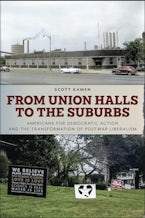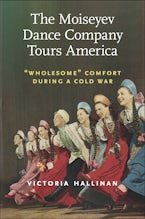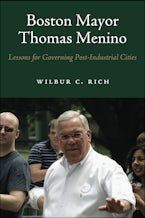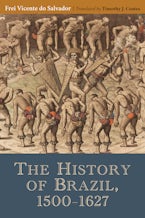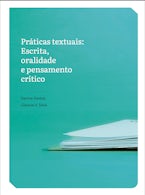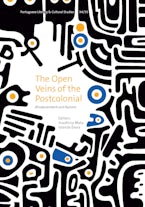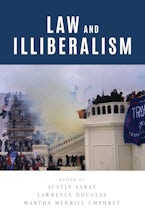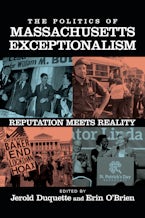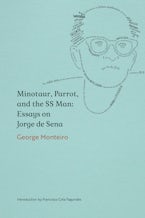- Home
- Portuguese Literary and Cultural Studies
- Post-Imperial Camões

Post-Imperial Camões
Published by: Tagus Press
Series: Portuguese Literary and Cultural Studies
256 Pages, 6.00 x 9.00 x 0.70 in
Other Retailers:
It has been more difficult to steal Camões from this critic [Faria e Sousa] than to steal him from the Portuguese. The former is not necessarily a goal in itself (though, again fortunately, it is not up to me to read the minds of all Camões scholars). The latter is most desirable. Hence the importance of a colloquium on post-imperial Camões, in English and in America. It is fitting to recall that, ironically, Faria e Sousa's commentaries were written in Spanish and published in Spain, when Portugal was under Spanish rule. It is not a question of now showing Portugal (or its surrogate, the Portuguese language at its most sublime) to the world, as politicians would say, no matter the ideology they profess, but of allowing Camões to be stolen from the Portuguese. In the title, "post-imperial" is to be read broadly, in the sense that the persons who contributed papers to the colloquium engage in a reflection about the role of Camões's poetry after the demise of the empire, that they do not care about the burden of the empire in Camões scholarship, or simply that the poet belongs to whoever wants to make him his or her own property. This issue of Portuguese Literary & Cultural Studies gathers a selection of those papers, read and discussed at the University of Massachusetts Dartmouth on October 11-12, 2002.
JOÃO RICARDO FIGUEIREDO teaches Portuguese and Italian Renaissance literatures in the Romance Literatures Department at the University of Lisbon. He is the author of Os Lusíadas e a Vaidade da Poesia," Referência" and A Autocomplacência da Mimese: Camões, Sidney e Fr. Luís de Sousa. In 2002 he co-organized (with Victor K. Mendes) the colloquium "Post-Imperial Camões." Currently, he is writing on Os Lusíadas.
View the open access edition of this issue of Portuguese Literary & Cultural Studies.

